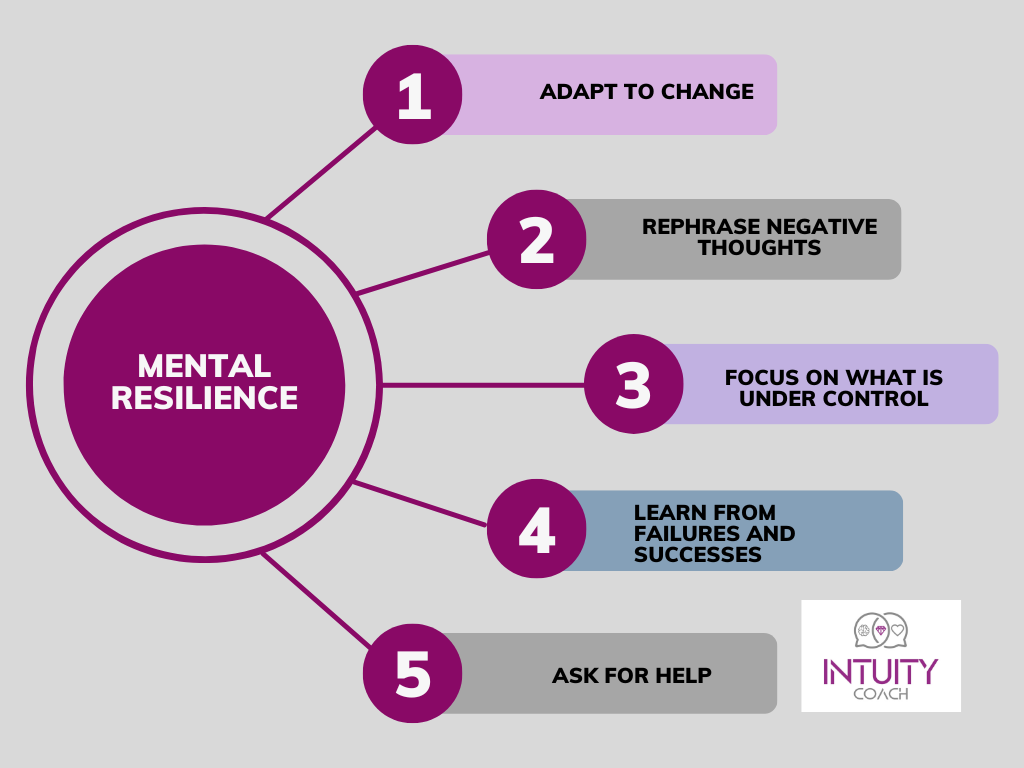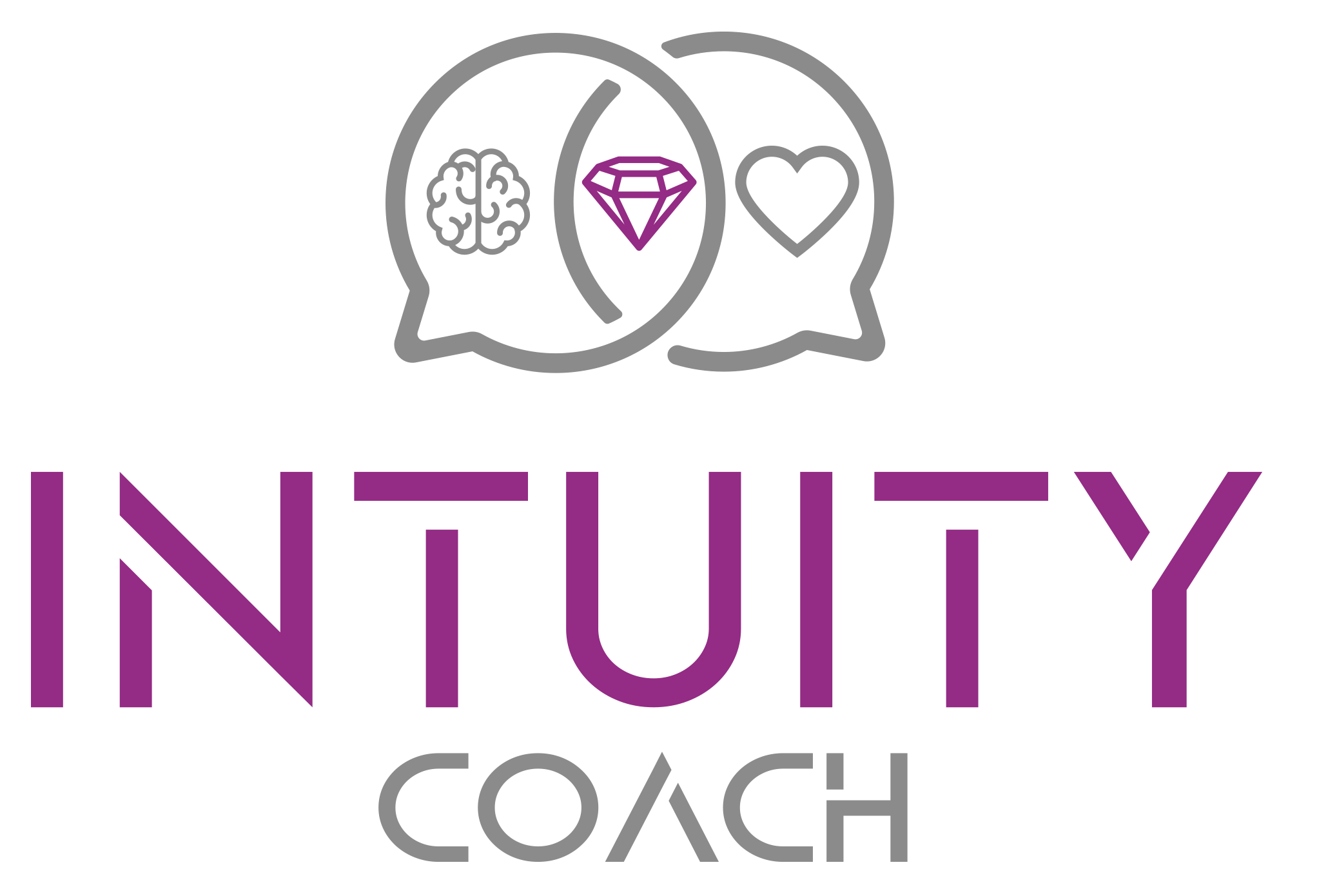resilience

What doesn't kill you makes you stronger!
Resilience is the process and outcome of successfully adapting to difficult or challenging life experiences, particularly through mental, emotional and behavioral flexibility.
Resilience involves transforming a vicious cycle of thoughts, actions and emotions into a productive cycle that anyone can learn and develop over time.
Resilience is important because it gives people the strength to accept, assess, understand and overcome hardship.
Several types of resilience are known:
- physical - represented by a quick recovery of the human body after a great effort or after suffering injuries,
- mental- meaning a flexibility in thinking and an ability to evaluate several perspectives
- emotional-accepting and finding positive things even in unfavorable circumstances
- social - connecting with others through teamwork, or the impact brought to the community
Life may not come with a map of different directions, but everyone will experience the twists and turns of larger or smaller situations, from everyday challenges to traumatic events with a more lasting impact. Each change affects people differently. However, people generally adapt over time to life-changing as well as stressful situations—largely through resilience.
Focusing on four fundamental components: connection, well-being, healthy thinking, and personal meaning/importance- can allow us to develop and grow internally, learning from difficult and traumatic experiences
Just like building a muscle, building endurance takes time, persistence, and intentionality.
Resilience and emotional well-being can act as superpowers both individually and in groups or organizations.
Jobs can be extremely challenging. Not only is there daily the stress of the job itself, through its various challenges, but there is also a constant and rapid change that has occurred in recent years that you have to deal with. An accumulation of stress and a lack of emotional well-being will lead to a multitude of problems.
However, there are certain employees who seem to thrive in difficult circumstances, unlike others who do not cope and cannot find a way to adapt. These people don't expect everything to go perfectly their way and excel at finding something good in a seemingly bad situation.
What causes people to react so differently? The answer can be found in emotional intelligence and resilience.

How can we benefit from these at work?
- A workforce that can deal with change is needed: We have an increased resistance to change because it can hurt us. Change, especially when it's quick and unwanted, can make people feel uncomfortable. Some people may feel betrayed. Others may simply be scared of the new way of working, of life, that the changes can bring.
Decisions forced on people quickly, without time to get used to the idea or mentally prepare for the consequences, are generally subject to resistance. It is always easier to say no first than to say yes. You say No because you are afraid of losing something you already have and fought for.
- Employees who are able to communicate effectively and intelligently are needed
- Need to develop effective collaborative relationships: One of the major benefits of resilience is that it allows people to develop relationships with colleagues, leading to much better teamwork
- It is important to take care of physical health: There are close links between a person's mental and physical health, so it is crucial to be able to have a good balance between work and private life
Resilient people often have a number of different characteristics that help them cope with life's challenges. Some of the signs of resistance include:
- We are looking for a person with a survivor's mentality regardless of the circumstances, with an inner balance that resists challenges, and with problem-solving skills, with a lot of self-confidence
- Self-compassion: Another sign of resilience is showing self-acceptance and self-compassion.
- Effective emotional regulation: Emotional resilience involves the ability to regulate emotions during times of stress. Resilient people are aware of their emotional reactions, and are also able to calm their mind and manage their emotions when dealing with negative experiences, they maintain a sense of optimism even when times are heavy. Because they are emotionally resilient, they understand that adversity and difficult emotions will not last forever.
How to become more resilient?
- Rephrase negative thoughts:
Resilient people are able to see negative situations realistically, but they don't take responsibility or think of things they can't change.
- Focus on what is under control:
you don't control the world you just control yourself. Now I have no choice but to correct my posture, change my thoughts, and flexibly create new dreams.
- Learn from failures and successes:
What are other people afraid of? What emotions does it evoke in you? Admit your courage?
- Take a step back and get a wider view
- Be flexible
- Seek help



